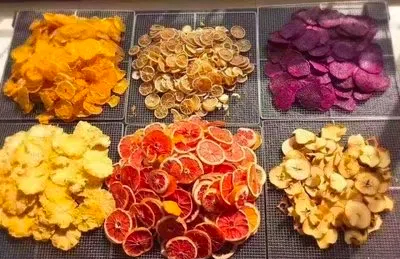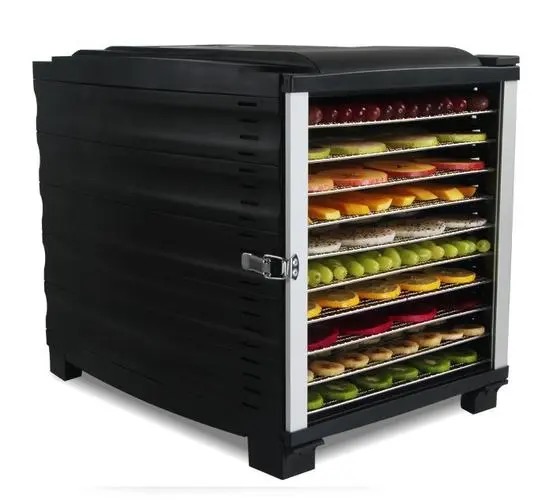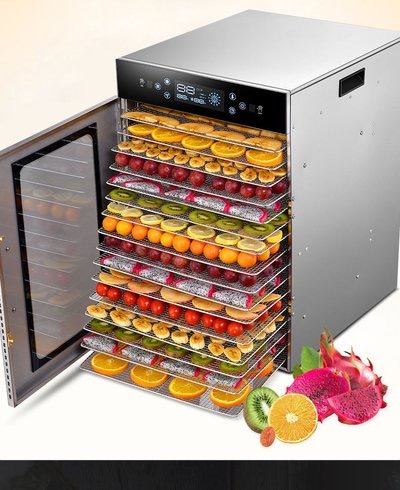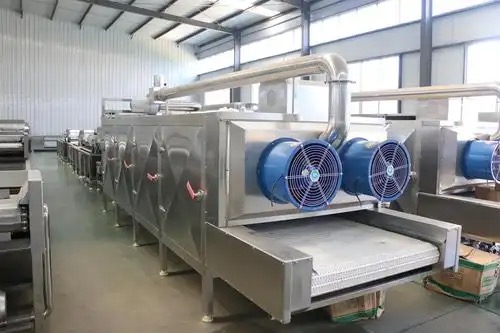
Content Menu
● Introduction
● What Are Heat Pump Dryers?
● Benefits of Using Heat Pump Dryers for Food
● The Drying Process: How It Works
● Applications of Heat Pump Dryers in Food Industry
● Common Concerns: Do Heat Pump Dryers Cause Mold?
● Sustainable Practices in Food Drying
● Conclusion
● Frequently Asked Questions
>> 1. What types of food can be dried using heat pump dryers?
>> 2. How do heat pump dryers compare to traditional drying methods?
>> 3. What are the maintenance requirements for heat pump dryers?
>> 4. Can heat pump dryers be used for home food drying?
>> 5. What are the energy savings associated with heat pump dryers?
Introduction
Food preservation is a critical aspect of the food industry, ensuring that products remain safe, nutritious, and flavorful over time. One of the most effective methods of food preservation is drying, which removes moisture from food, inhibiting the growth of spoilage organisms. Among the various drying technologies available, heat pump dryers have emerged as a popular choice for their efficiency and effectiveness. This article explores the benefits of heat pump dryers in the food industry, addressing common concerns such as mold growth and sustainability.

What Are Heat Pump Dryers?
Heat pump dryers are advanced drying systems that utilize a refrigeration cycle to remove moisture from food products. Unlike traditional drying methods that rely on direct heat, heat pump dryers circulate warm air through the drying chamber, allowing for a more controlled and efficient drying process. This technology not only reduces energy consumption but also enhances the quality of the dried food.
Benefits of Using Heat Pump Dryers for Food
One of the primary advantages of heat pump dryers is their energy efficiency. These systems can operate at lower temperatures compared to conventional dryers, which helps preserve the nutritional value and flavor of the food. Additionally, heat pump dryers minimize the risk of overheating, which can lead to the degradation of sensitive compounds in food.
Another significant benefit is mold prevention. The controlled environment within heat pump dryers reduces humidity levels, creating conditions that are unfavorable for mold growth. This is particularly important in the food industry, where maintaining hygiene and safety standards is paramount.
The Drying Process: How It Works
The drying process in heat pump dryers involves several key steps. Initially, the food is placed in the drying chamber, where warm air is circulated. The heat pump extracts moisture from the air, condensing it into water, which is then drained away. This continuous cycle of heating and moisture removal ensures that the food is dried evenly and efficiently.
Factors such as temperature, humidity, and airflow play a crucial role in the drying process. By adjusting these parameters, operators can optimize the drying conditions for different types of food, ensuring the best possible results.
Applications of Heat Pump Dryers in Food Industry
Heat pump dryers are versatile and can be used to dry a wide range of food products, including fruits, vegetables, and herbs. For instance, companies have successfully implemented heat pump drying for apples, resulting in high-quality dried fruit with excellent flavor and texture. Similarly, vegetables like carrots and bell peppers can be dried effectively, retaining their nutritional value and color.
Case studies from various food processing companies highlight the successful integration of heat pump dryers into their operations, showcasing improved product quality and reduced energy costs.

Common Concerns: Do Heat Pump Dryers Cause Mold?
A common concern among food processors is the potential for mold growth during the drying process. However, when operated correctly, heat pump dryers can significantly reduce the risk of mold. The key is to maintain optimal drying conditions, including appropriate temperature and humidity levels.
Best practices for preventing mold include regular maintenance of the drying equipment, monitoring moisture levels, and ensuring proper airflow within the drying chamber. By following these guidelines, food processors can effectively mitigate the risk of mold while benefiting from the advantages of heat pump drying.
Sustainable Practices in Food Drying
Sustainability is becoming increasingly important in the food industry, and heat pump dryers contribute to eco-friendly practices. By using less energy and reducing waste, these systems align with the goals of sustainable food processing. Additionally, the ability to dry food without the use of harmful chemicals further enhances their appeal.
As consumers become more conscious of their environmental impact, the demand for sustainable food processing methods will continue to grow. Heat pump dryers are well-positioned to meet this demand, offering a solution that benefits both producers and consumers.
Conclusion
In conclusion, heat pump dryers represent a significant advancement in food preservation technology. Their energy efficiency, ability to prevent mold growth, and contribution to sustainable practices make them an ideal choice for food processors. As the industry continues to evolve, heat pump dryers will play a crucial role in ensuring the quality and safety of dried food products.

Frequently Asked Questions
1. What types of food can be dried using heat pump dryers?
Heat pump dryers can effectively dry a variety of foods, including fruits, vegetables, herbs, and even meats.
2. How do heat pump dryers compare to traditional drying methods?
Heat pump dryers are more energy-efficient and can operate at lower temperatures, preserving the quality of the food better than traditional methods.
3. What are the maintenance requirements for heat pump dryers?
Regular maintenance includes cleaning the filters, checking for leaks, and ensuring that the system is operating efficiently.
4. Can heat pump dryers be used for home food drying?
Yes, there are smaller models available for home use, making it accessible for individuals interested in food preservation.
5. What are the energy savings associated with heat pump dryers?
Heat pump dryers can reduce energy consumption by up to 50% compared to conventional drying methods, leading to significant cost savings over time.












